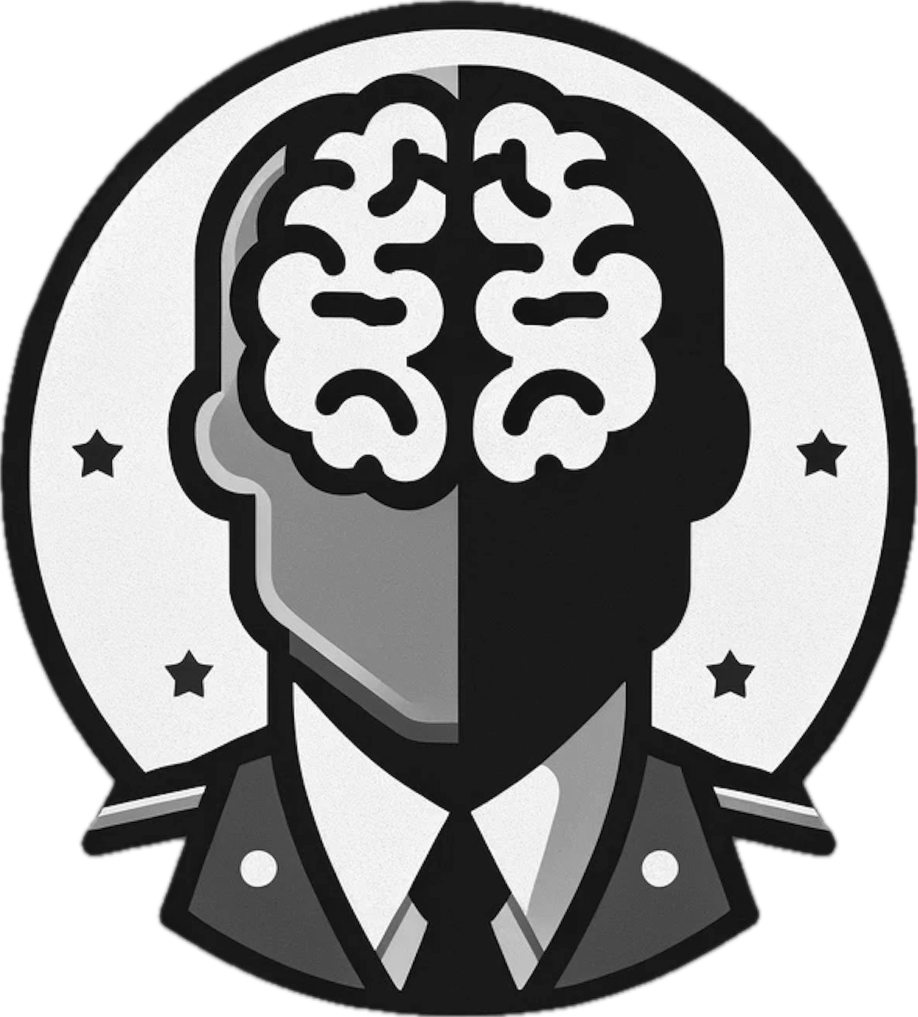The US Army Social Work Internship Program (SWIP) is the Army’s formal training program for preparing recent Master’s in Social Work graduates for advanced independent clinical social work practice with Soldiers, dependents, and the military culture. Upon completion, SWIP social workers will become highly qualified military behavioral health providers in a realm of practice areas.
Facts:
- SWIP is a professional bridge between graduate studies and fully independent clinical licensure.
- Provides for application of advanced application of social work theory under clinical supervision.
- Equips Social Workers with state of the art trainings to effectively aid Soldiers and Dependents during peacetime and war.
- Provides the Army with professionals who possess the highest level of expertise to make the most effective contributions to recipients of military health care.
Structure:
The Social Worker rotates through identified behavioral health practice areas and receives unique training from site specific clinical preceptors.
At a minimum, Social Workers rotate through the following practice areas:
- Behavioral Health
- Family Violence
- Substance Abuse
- Combat Operational Stress Control
- Social Work Administration
Additionally, Social Workers are afforded the opportunity to navigate electives if their training site permits:
- Warrior Transition Battalion
- Child and Adolescent Family Behavioral Health Services
- Intensive Outpatient
- Residential Behavioral Health
- Multidisciplinary (Multi-D)
- Medical Social Work
- Other site specific
Internship location info:
Prior to leaving for Commissioning School (DCC, OCS, ROTC), or roughly six months prior to completion of the Army’s MSW program, a coordinator will request an internship site for the Social Worker. Assignments will be primarily based upon the needs of the Army, the Social Workers Merit (competitiveness), and other factors (family).
Social Workers are afforded a “wish list” of training sites, but the needs of the Army come first.
As of 2020, the training sites for SWIP are the following:
The complete SWIP program takes a total of 26 months to complete. Being that the intern is commissioned as a military officer, they are required to meet the standards of a military officer. Interns will where the uniform and are required to look and act the part of a military officer. This included attending military functions, participating in military exercises, passing the Army Physical Fitness Test, and meeting height/weight requirements.
- Ft. Sam Houston, TX
- Ft. Lewis, WA
- Ft. Bliss, TX
- Ft. Campbell, KY
- Ft. Bragg, N.C.
- Ft. Hood, TX
- Ft. Stewart, GA
- Ft. Carson, CO
- Ft. Drum, N.Y.
- Tripler AMC, HI
Interns are also required to identify a state to work towards their clinical licensure and meet all requirements of the state, including passing the clinical exam. Most interns select the state of North Carolina, as their requirements are the least demanding. While working for a federal agency, such as DoD or the VA, social workers can use their license anywhere. However, should they exit such an establishment, they’d only be able to utilize their license within the selected state.
I am a non-traditional SWIP intern as I received my MSW from a civilian sector and have post-MSW experience. I elected for Utah as my identified state given that I have hours in this state and have already completed the clinical exam (Utah is one of the few that allow for social workers to complete the clinical exam prior to receiving all their hours).
The intern will complete orientation when they arrive to their post, then meet with the “Program Director of Training” who creates the training plan and manages the interns training.
I began in Family Advocacy Program (FAP).
Click here for my experience
